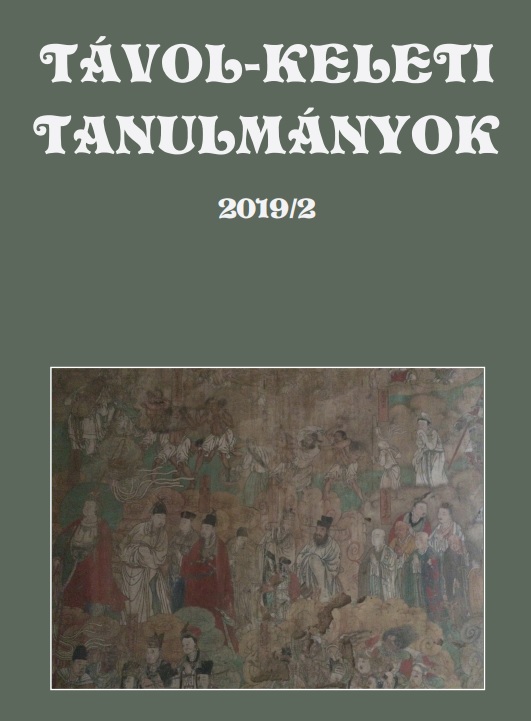Soft power „kínai módra” : A Konfuciusz Intézet mint Kína puha erejének eszköze a XXI. században
Soft power in the “Chinese style” : The Confucius Institute as an instrument of China’s soft power in the 21st century
Author(s): Anna CsikóSubject(s): Present Times (2010 - today)
Published by: Eötvös Loránd Tudományegyetem
Keywords: Confucius Institute; soft power; Hanban; media
Summary/Abstract: This paper introduces and examines Confucius Institutes (CI) as part of China’s soft power – with a special focus on the problems regarding the CI’s in Hungary. I also intend to analyse what kind of picture of the CI’s the media presents and how realistic this image is. I will discuss in two separate chapters the most serious accusations made against the CI’s (spreading Chinese propaganda, violation of human rights and academic freedom and spying for China) because I consider that these topics provide valuable insights into the considerable influence exercised by the media even in the case of assessing educational and cultural institutions. The term “soft power” was introduced by Joseph Nye in 1990, referring to the ability to make the image of one’s country desirable abroad by using culture, ideology or institutions. But China had already discovered in the 80s how important culture and language can be as means to obtain power without recourse to “hard” methods. In 1987 China established Hanban; the first experimental CI was set up in 2004 in Uzbekistan and the first official CI was founded in South Korea in the same year. As of April, 2020 there are 540 CI’s world-wide, according to Hanban’s website, which clearly indicates that the CI’s are hugely successful. In Hungary there are currently 5 CI’s.
Journal: Távol-keleti Tanulmányok
- Issue Year: 11/2019
- Issue No: 2
- Page Range: 91-109
- Page Count: 19
- Language: Hungarian

